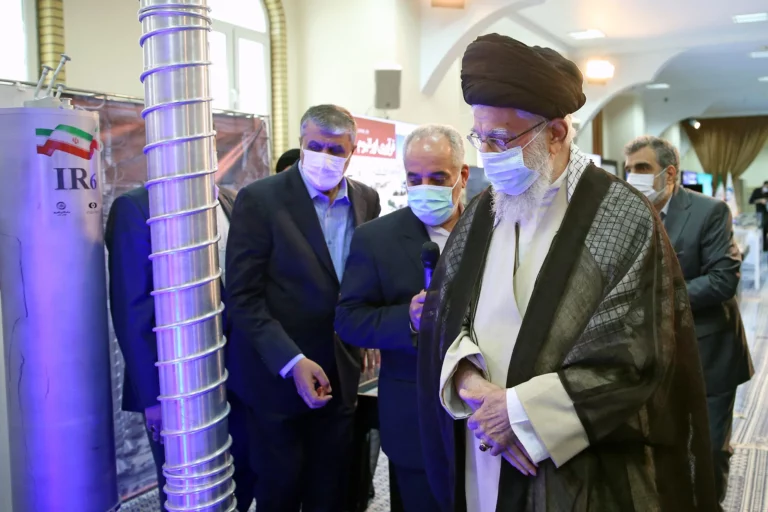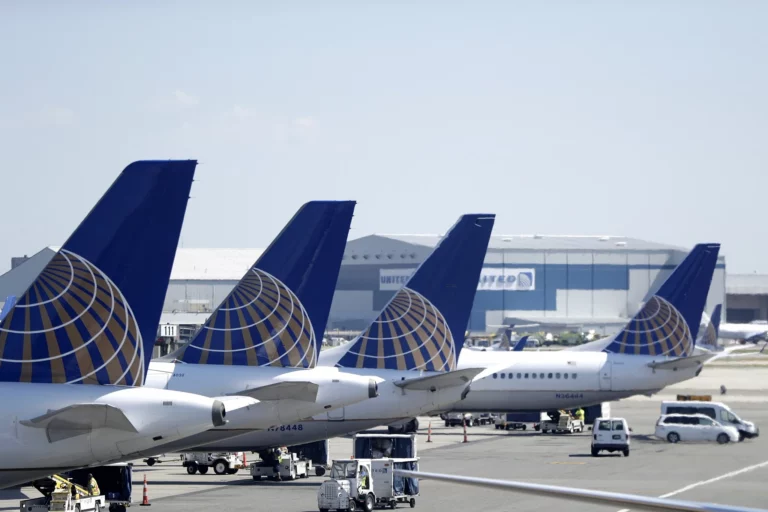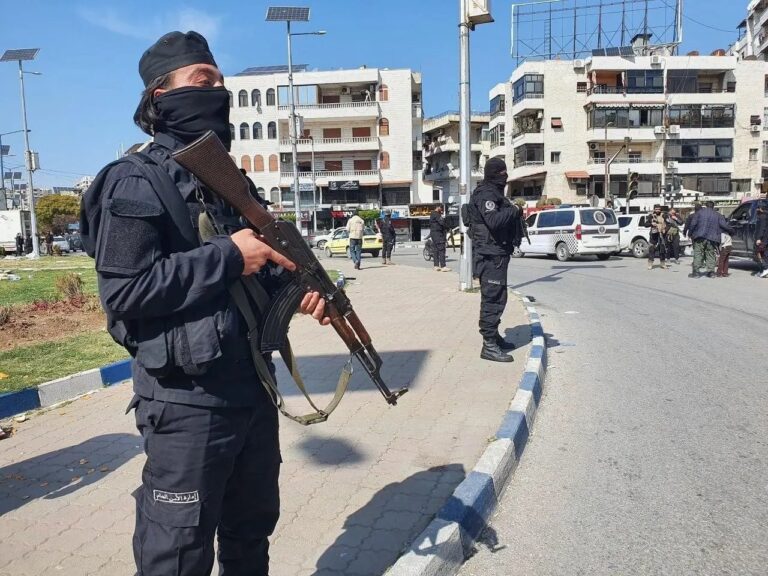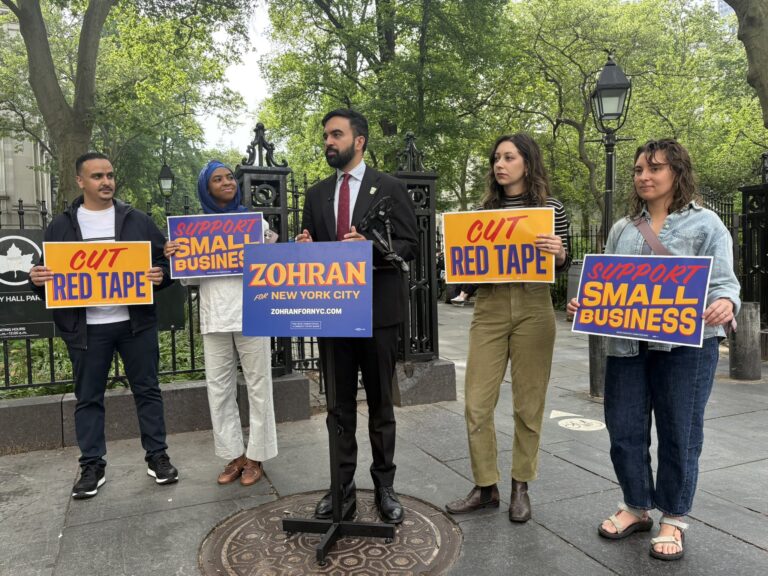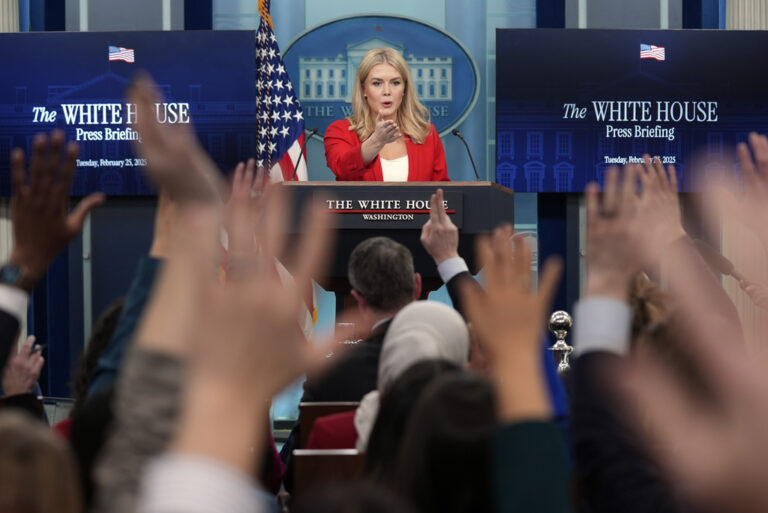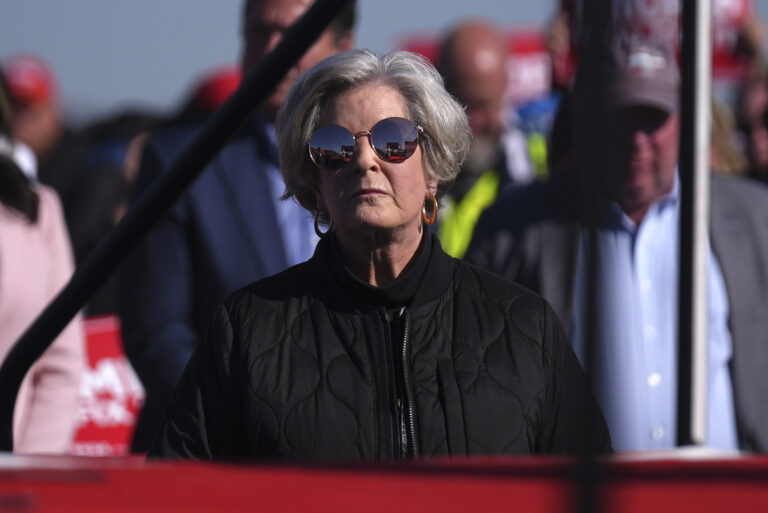 Diplomatic engagement has failed to stop North Korea’s nuclear weapons program. Sanctions have been tightened with little result. And military force could be catastrophic. So what can the world do to bring Kim Jong Un’s renegade government into line? The answer may rest with China.
Diplomatic engagement has failed to stop North Korea’s nuclear weapons program. Sanctions have been tightened with little result. And military force could be catastrophic. So what can the world do to bring Kim Jong Un’s renegade government into line? The answer may rest with China.
While Beijing’s influence over North Korea appears to have diminished since Kim came to power in 2012, it remains its key trading partner. Experts say China could do more to restrict North Korea’s use of Chinese banks and limit supplies of food and fuel that provide an economic lifeline to Pyongyang.
Wednesday’s purported hydrogen bomb test will intensify pressure on China to tighten the screws on Kim. It has been leery of taking such steps because of fears that a collapse of North Korea’s socialist government could cause an influx of refugees and lead to a pro-American, unified Korean nation on China’s doorstep.
China immediately made plain its displeasure with Pyongyang, saying it “firmly opposed” the test. “North Korea should stop taking any actions which would worsen the situation on the Korean Peninsula,” Foreign Ministry spokeswoman Hua Chunying told reporters in Beijing.
China’s U.S. ambassador met at the White House on Wednesday with President Barack Obama’s national security adviser, Susan Rice, and China joined the U.S. in supporting a U.N. Security Council statement that strongly condemned the test and pledged to pursue new sanctions.
But North Korea has proved adept at circumventing existing restrictions and at using its indigenous capabilities to develop its weapons. Because of its international isolation, the North is less susceptible to financial sanctions than a major economy like Iran.
Incentives haven’t worked either. Three U.S. administrations, going back to President Bill Clinton, have coaxed the North to disarm in exchange for aid, but each effort has eventually failed.
And taking a tougher military stance against Pyongyang means unpalatable risks. An American attack could put U.S. ally South Korea in the firing line of the world’s fifth-largest army, which could launch a massive artillery barrage on the capital, Seoul.
The Obama administration has claimed improved cooperation from China on North Korea policy. Beijing, for example, supported a U.N. resolution in response to North Korea’s last nuclear test in 2013. According to Washington, China has improved its enforcement of existing sanctions, but could do more.
Yet North Korea has balked at returning to international aid-for-disarmament talks as it looks to assert itself as a nuclear weapons state. It claims it needs such weapons to deter an invasion by the United States, which retains 28,000 troops in South Korea, a legacy of the 1950-53 Korean War that ended without a peace treaty.
Since the six-nation talks stalled in 2008, the North has conducted three atomic test explosions and blasted its first rocket into space as it hones technology that could help it fire a weapon at America.
Secretary of State John Kerry repeated on Wednesday the U.S. stance that it will never accept North Korea as a nuclear state. “Actions such as this latest test only strengthen our resolve,” he said.
Yet North Korea has not been a top priority for Obama, despite his willingness to engage with adversaries and the bold steps his administration has taken with other world powers to arrest Iran’s nuclear program.
The administration has gradually increased sanctions on North Korea while leaving the door open to negotiations. The one concerted U.S. effort to revive the six-nation disarmament talks with North Korea quickly failed in 2012 when Kim’s government conducted a rocket launch in defiance of U.N. sanctions.
One reason for the lack of urgency has been a three-year hiatus in North Korean nuclear tests or long-range rocket launches. With the U.S. and other world powers preoccupied with turmoil in the Mideast, international concern over Pyongyang’s quiet progress in developing its weapons has been muted.
“We’ve been trying to pretend that this isn’t a problem — as long as things are quiet, it’s nice,” said Joel Wit, founder of the North Korea-focused 38 North website. “But this is a problem and it keeps coming back.”
Pyongyang’s announcement that it had tested an H-bomb — a device which can be hundreds of times more powerful than atomic bombs — could be a wake-up call. While the White House said that initial analysis was “not consistent” with North Korean claims of a successful hydrogen bomb test, a lesser atomic explosion would nonetheless help the North in its long-running effort to miniaturize a nuclear device that can be mounted on a long-range missile.
Bruce Klinger, a former CIA analyst on North Korea and an expert at the Heritage Foundation, said North Korea probably has the ability already to place nuclear weapons on medium-range missiles that could threaten its neighbors, and a preliminary ability to reach the continental United States with a missile. Washington-based experts estimate that Pyongyang has 10 to 16 nuclear weapons and could have 20 to 100 by 2020.
Republican lawmakers called for a new approach to North Korea.
“The answer to North Korea’s threats is more pressure, not less,” said Ed Royce, chairman of the House Foreign Affairs Committee. “This rogue regime has no interest in being a responsible state.”
The test will probably give an urgent push to bipartisan proposals that have been introduced in both houses of Congress for stiffer U.S. sanctions to limit Pyongyang’s access to the international banking system, in the manner of restrictions that were imposed and subsequently eased against Iran. If such measures were to bite, it would probably mean targeting Chinese banks that handle North Korean transactions, which could upset Beijing.
(AP)

